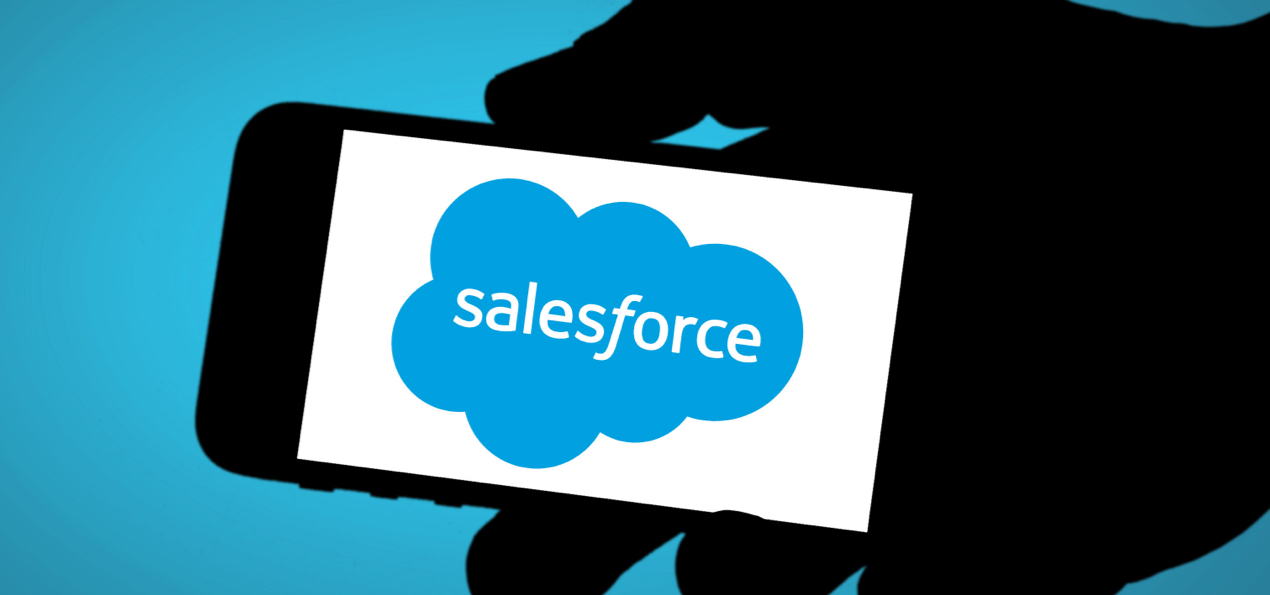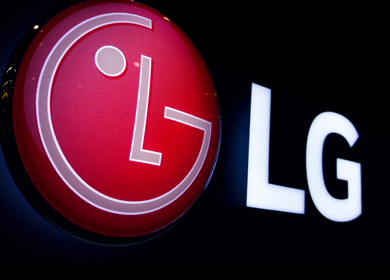Salesforce’s Marketing GPT: will it elevate marketers’ game to the next level?
Published: June 08, 2023

With generative AI's popularity unbelievably growing, the conversation around its capabilities has reached a crescendo. And every tech company strives to find the best ways to use it for their business growth.
Of the many other tech giants in the industry, Salesforce is the renowned platform that began to adopt generative AI way earlier. And the company is continually attempting to make new innovations by incorporating AI features into its existing products and introducing new AI offerings. Needless to mention, Salesforce recently announced the special AI Day event to address its latest AI updates and make new announcements.
And, now, to most marketers’ surprise, the CRM giant has announced its latest generative AI product offerings, Marketing GPT and Commerce GPT.
Marketing GPT
Salesforce's Marketing GPT aims to provide marketers with an AI-connected user interface that enhances campaign brief development, audience and segment research, and content creation. The company is adding this new addition under the Einstein GPT ‘umbrella’.
Marketers will communicate with GPT through natural language—conversational prompts that continuously improve results until the marketer receives the desired results.
Marketing GPT, according to the company, will enable marketers to provide customised, relevant, and captivating experiences across all touchpoints by leveraging generative AI along with reliable first-party data from the Data Cloud.
Marketers will be able to do the following with Marketing GPT and the Data Cloud:
- Perform smarter with Segment Creation, which allows marketers to rapidly develop audience segments using AI-driven recommendations.
- Email Content Creation, which can automatically generate personalized emails to increase testing and engagement, can reduce the writing workload.
- Enhance the ROI of marketing with Segment Intelligence for Data Cloud, as it will provide a more complete picture of audience engagement by connecting various forms of data.
- Rapid Identity Resolution, Segmentation, and Engagement, which instantly solves client identities and restores segments in the Data Cloud to help assure up-to-date accuracy, helps you deliver the right message at the right time.
- Use Typeface's generative AI content platform to generate context-specific visual assets for campaigns across multiple channels within Marketing GPT based on brand voice, style guides, and messaging.
Besides, Salesforce partners are constructing a generative AI environment with new accelerators, large language and data models, and integrations to assist businesses in implementing Marketing GPT and Commerce GPT at a lower cost and with less intricacy.
What does Marketing GPT mean for marketers?
While some brands are still hesitant to use generative AI capabilities for marketing purposes given the AI’s risk factor, the new use cases and innovations centred on generative AI in marketing are only booming.
According to statistics, 60% of marketers believe generative AI is most useful for developing social media posts, next to product descriptions (50%), and emails (43%).
Undoubtedly, the salesforce marketing GPT will be hugely impactful for marketers in many ways.
As it accelerates audience segmentation, time-consuming content creation, queries, and analysis, it is apparent that Salesforce is striving to minimise barriers for users at every step of its innovation. Given its effective use cases, we believe the Marketing GPT will see rapid adoption from users.
Having said that, in an effort to ramp up the work pace and maximize the effectiveness of the campaigns, it is crucial for marketers to be mindful of some key considerations.
Some of them are:
- Understanding the salesforce's data protection policies and features, as well as adhering to best practises, is critical for marketers in order to protect customer data. Through this, they can make certain that customer data is processed securely and in accordance with applicable privacy regulations.
- The importance of continuous monitoring of the efficacy and impact of work done with marketing GPT cannot be overstated. This includes analyzing customer feedback, following conversion rates, and making changes to improve the performance of AI-powered marketing efforts. This way, marketers can keep themselves on track.
- GPT-generated content, whether text or visuals, may not always precisely comply with a brand's tone or messaging guidelines. Thus, it is important for marketers to meticulously examine and alter the generated content to make sure the messaging is high-quality, error-free, and aligned with the brand’s marketing objectives.
- Although marketing GPT can improve customer interactions by sending the right message at the right time, marketers should not completely replace human support. Rather, they should establish the right balance between automated and human touchpoints. This, in turn, will allow them to provide opportunities for customers to connect with real people when necessary.
In a nutshell, Salesforce Marketing GPT is indeed a must-try option for marketers to amplify the effectiveness of their marketing efforts in today’s AI-driven world. That said, although Salesforce stays abreast of potential regulations, it is equally the marketers’ responsibility to use it ethically to deliver valuable experiences to customers.










Be the first one to comment.